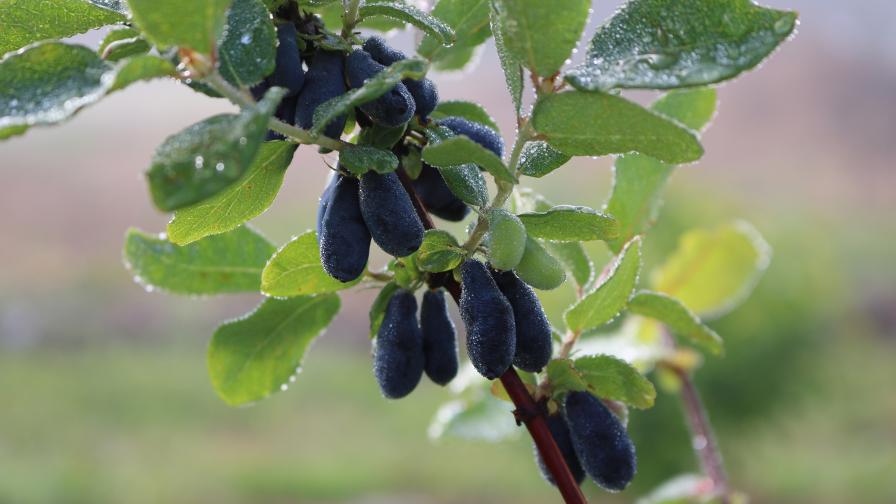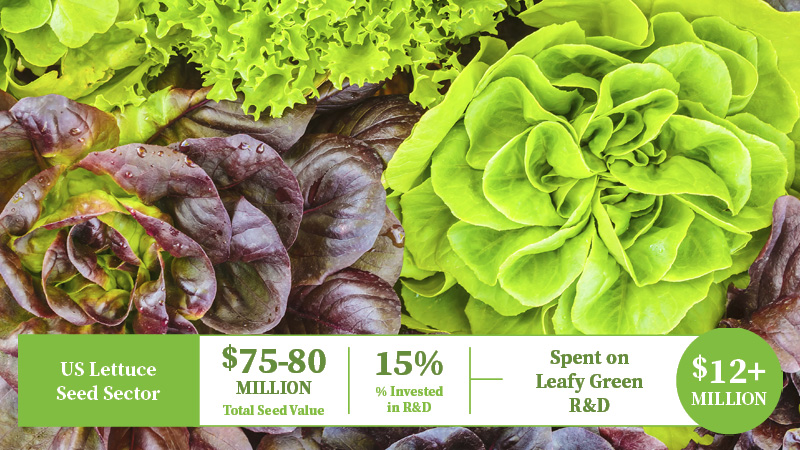Honeyberry Could Be a New Alternative for Fruit Growers

University of Missouri researchers are looking into the potential of growing honeyberry.
Photo by Patrick Byers, University of Missouri Extension
The ability of honeyberry to thrive in conditions that often challenge blueberries makes it a promising choice for those seeking a productive and low-maintenance fruit, according to University of Missouri Extension horticulturist Tamra Reall. This relatively new plant to Missouri grows in a variety of soils and resists disease and pests.
Reall says honeyberry is a true example of “the right plant in the right place.” It can grow in the extremes of southwestern Missouri’s rocky soil as well as the claypan soil of northeastern Missouri. It prefers full sun but can also grow in light shade. The shrub can withstand cold to minus 50°F.
However, it is less tolerant of Missouri’s extreme summer temperatures, adds MU Extension horticulturist Patrick Byers. Honeyberry may be more suited to Missouri’s cooler northern areas than the middle and southern parts of the state, he says. A very early bloomer, it also faces risk of frost damage.
This member of the honeysuckle family is far less fickle than blueberry, which requires acidic soil. Mature bushes reach heights of 3 to 8 feet and have a 50-year life expectancy. Its fruit is reported to be higher in antioxidants than blueberry.
The thick-skinned berries are the first to bear in spring, even before strawberry. Its deep purple-blue berries are ½ to 1 inch long and are primarily cylindrical or teardrop-shaped. Berries need two to three weeks after they turn blue to fully ripen. Sweetness varies by variety, but berries taste like a refreshing, unique cross between a raspberry and a blackberry, Reall says.
RELATED CONTENT: Cheers To Growing Elderberry — American Style
Bushes can take up to five years to produce a bountiful crop, but some will produce a few berries by the second year, she says.
Byers says honeyberry has not proven to be profitable in commercial operations but researchers are still figuring out the most efficient way to grow them.
For more, continue reading at extension.missouri.edu.









